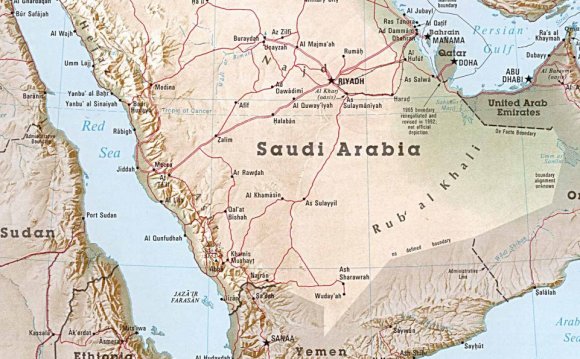
On questions of access, authenticity, and expert in ethnographic research.

Over the years, anthropology’s position by which variety of ethnographer has the many beneficial place has shifted. During the 1970s and 1980s it had been thought that only a non-native anthropologist, or a “true outsider, ” can objectively learn the natives of a culture. This point of view hailed from colonial roots regarding the control and predominated during a period wherein non-native anthropologists were the main researchers showcased within the discipline. This was certainly true for anthropological research of Iran. Ahead of 1978, non-Iranian Iran scholars eg Mary Hegland, Michael Fischer, William O. Beeman, and Erica Friedl authored a number of the ethnographies that gotten large circulation and attention, but moving approaches in anthropology coalesced using the 1979 Revolution to drastically replace the ethnographic landscapes in Iran, raising methodological questions about accessibility, credibility, and authority.
Following the post-colonial turn, some wondered if local anthropologists really had the greater amount of beneficial position because of the “intimate” knowledge of their interlocutors as well as in many years after the transformation indigenous Iranian scholars, including Shahla Haeri and Ziba Mir-Hosseini, gained prominence within the ethnographic literary works. Through the Khatami age, people entering Iran to perform ethnographic fieldwork were “halfies” or “somewhat native” anthropologists; Whereas the locals were Iranian-born, halfies were foreign-born but nevertheless claimed strong ties to Iran. Just what placed men and women like myself in this subsequent group ended up being a mixture of having some Iranian heritage (my parents were born and raised in Iran and just migrated towards U.S. briefly before I happened to be created), a somewhat indigenous command of Persian (in my situation it was my very first language, despite the fact that I was raised in U.S.), and, for several people, Iranian passports, that have been vital in gaining entry to Iran.
RELATED VIDEO












